
As we move out of the pandemic, we are discovering that many of the unique products that emerged during that time are here to stay.
One such product is the ghost kitchen.
Ghost kitchens are delivery-only kitchens that prepare food in buildings with no patrons on site. They primarily use the food-delivery apps that became vital to many during the pandemic.
Delivery apps have also flourished in the online shopping sector, creating stores that are delivery-only and not open to patrons. They typically deliver basic toiletries and grocery items.
These new types of businesses put a unique spin on traditional retail and restaurants. Ghost kitchens, for example, are not catering kitchens or shared kitchens. This means they likely do not fit inside most existing zoning codes. This presents a dilemma for cities charged with implementing appropriate zoning regulations to protect the vibrant character of neighborhoods.
Some cities are creating industrial zoning districts for businesses like ghost kitchens and delivery-only retail stores. With no patrons to browse the aisles, traditional standards may not apply.
Another approach is to relax interpretation of business categories to include unusual uses when they are substantially similar to existing ones. This also ensures that these businesses are properly licensed and paying applicable taxes.
At Kendig Keast Collaborative, we recognize the need to stay up to date on nationwide trends as well as the shared desire of communities for high-quality outcomes. We know that creative new approaches like the ones mentioned here are needed to respond to the evolving landscape, and we work hard to help craft innovative use standards that address modern problems for the communities we serve.

About enCodePlus – Intelligent Planning, Zoning and Codification Software
enCodePlus is a unique, web-based technology platform delivering a full suite of planning, zoning and municipal code tools and features, together with full or hybrid code management services. Created by the planning experts at Kendig Keast Collaborative, the platform serves planners and zoning administrators, clerks, attorneys, managers, economic developers, and consultant partners. The cutting-edge software streamlines the rejuvenation of the format and usefulness of plans, studies, codes and ordinances, design guidelines, standards and specifications and the processes to create and publish them.
Article by Missy Quigley, JD,
Land Use Attorney, Kendig Keast Collaborative